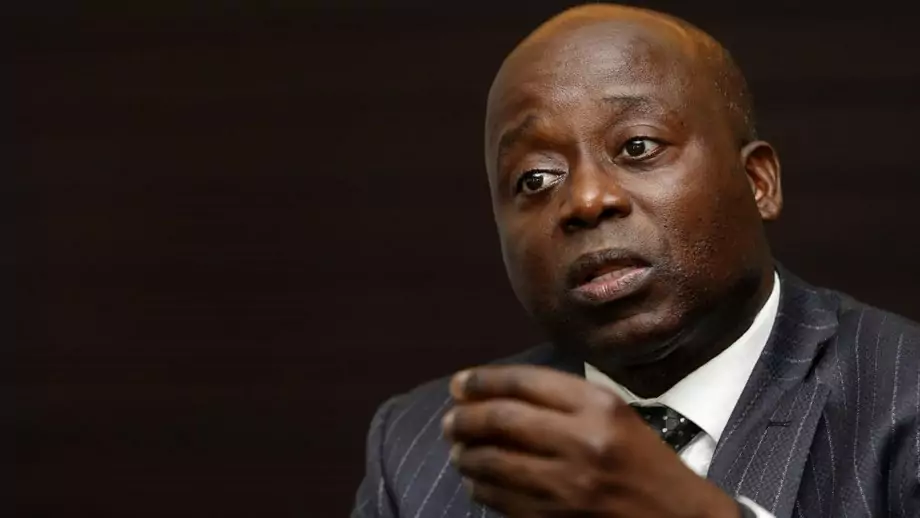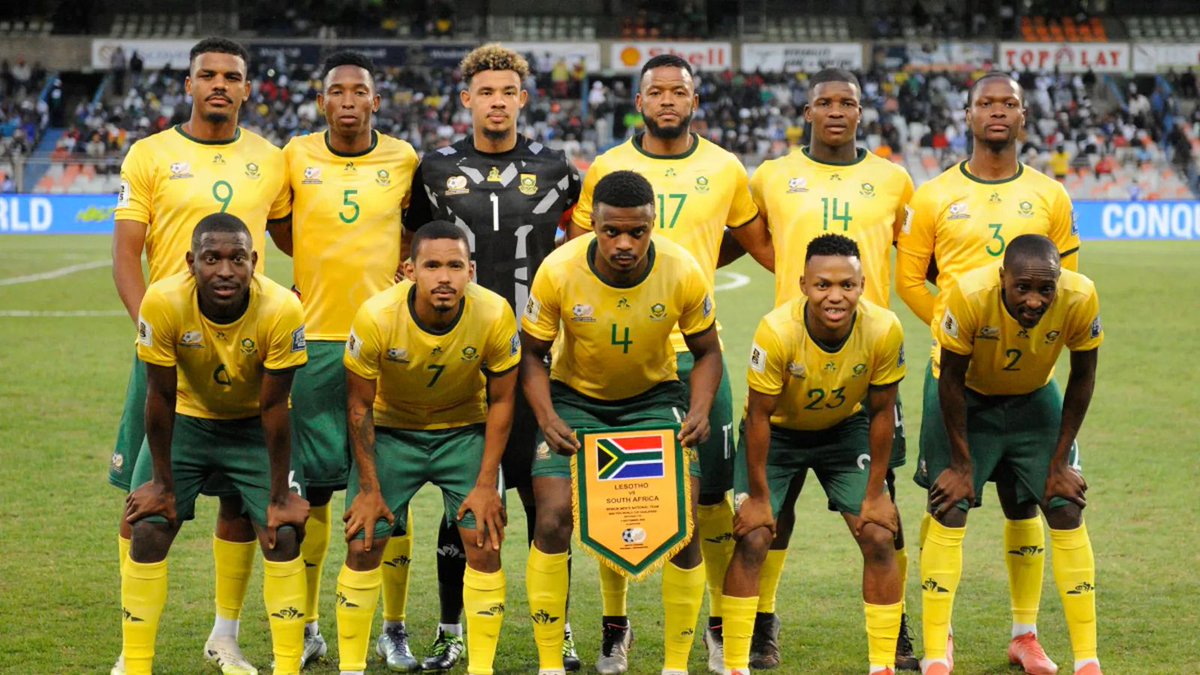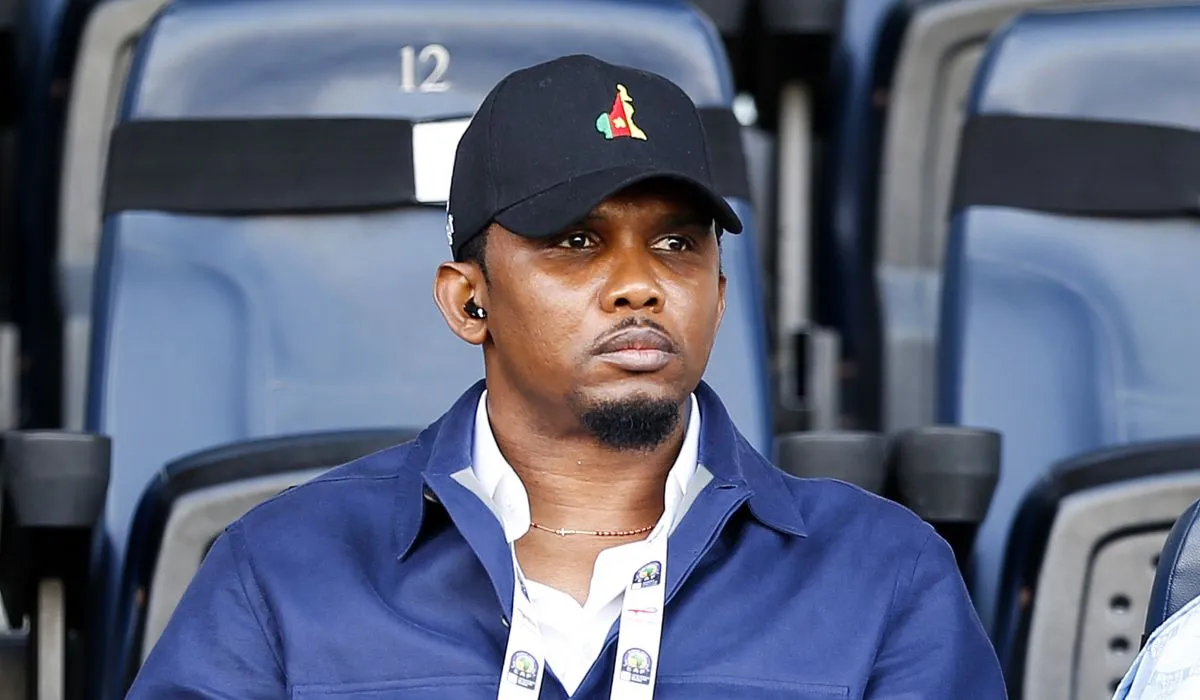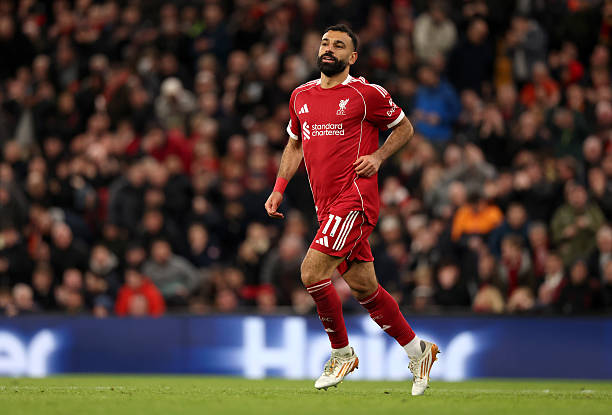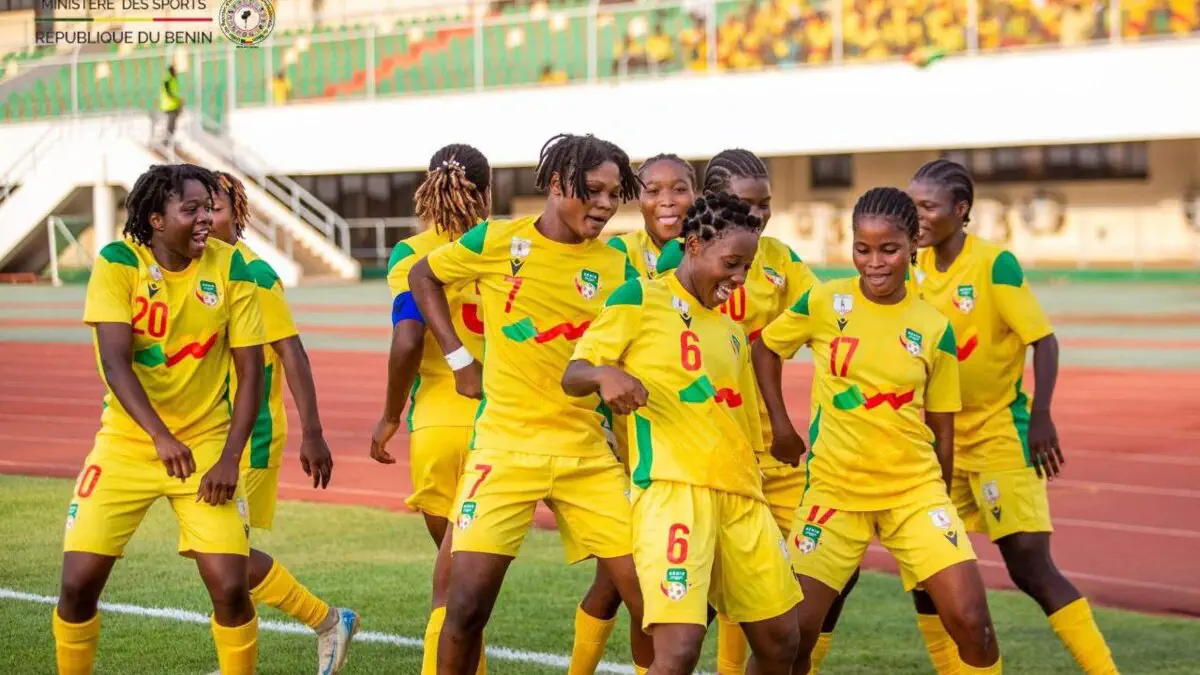Artur de Almeida e Silva, the now-former president of the Angolan Football Federation (FAF), has lost his position as the President of the Council of Southern Africa Football Associations (COSAFA) following his defeat in Angola’s football elections.
As per COSAFA statutes, specifically Article 15.7, the presidency is tied to the individual’s role as the head of their national football association.
Consequently, Said Athouman of Comoros, COSAFA’s Vice President, will ascend to the presidency, marking a new chapter for the regional football governing body.
According to COSAFA’s constitution, Article 15.7 states, “In the event that the President ceases to hold office or loses his/her position as President of his/her member association, he/she automatically loses the position of President of COSAFA and must vacate the position. The Vice-President shall act in his/her position for the remainder of the term until an election is held at the next General Assembly for the position of President.”
With this constitutional directive, Said Athouman will lead COSAFA until fresh elections are conducted.
The development follows Angola’s FA elections on Saturday, where Alves Simões emerged victorious with 133 votes, defeating Artur de Almeida, who secured 113 votes.
The election, which also featured Norberto de Castro, saw a total of 252 votes cast, with Simões taking over as Angola FA president. De Almeida’s loss of this local position automatically triggered his removal from the COSAFA presidency.
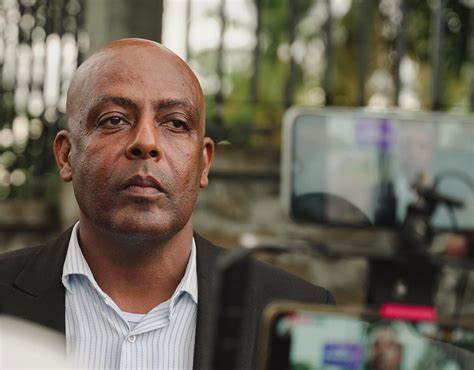
Athouman, known for his diplomatic acumen and strategic leadership as Vice President, is expected to steer the organization through the transitional period.
Observers are keen to see how this leadership change will impact COSAFA’s activities, especially its efforts to elevate football standards in the region.
Angola Election and COSAFA Implications
De Almeida’s eight-year tenure at Angola’s FA comes to an end following a closely contested election. His successor, Simões, has been tasked with revitalizing Angolan football, which has struggled for consistency in recent years.
Simões’ victory also represents a shift in leadership dynamics within the region, as it directly impacts COSAFA’s governance structure.
De Almeida’s legacy includes his contributions to Angola’s footballing infrastructure and governance reforms.
However, his tenure at COSAFA, where he spearheaded initiatives for regional tournaments and development programs, has been abruptly cut short by the election outcome.
The transition to Athouman’s presidency comes at a critical time for COSAFA, which is focusing on expanding its influence and developing football talent across Southern Africa.
Athouman is expected to emphasize continuity while introducing initiatives that reflect his leadership philosophy.
This change underscores the unique governance structure of COSAFA, where leadership positions are intrinsically tied to national-level roles.
As the organization prepares for the next General Assembly, Athouman’s stewardship will be pivotal in maintaining stability and furthering the development goals set under the COSAFA banner.


